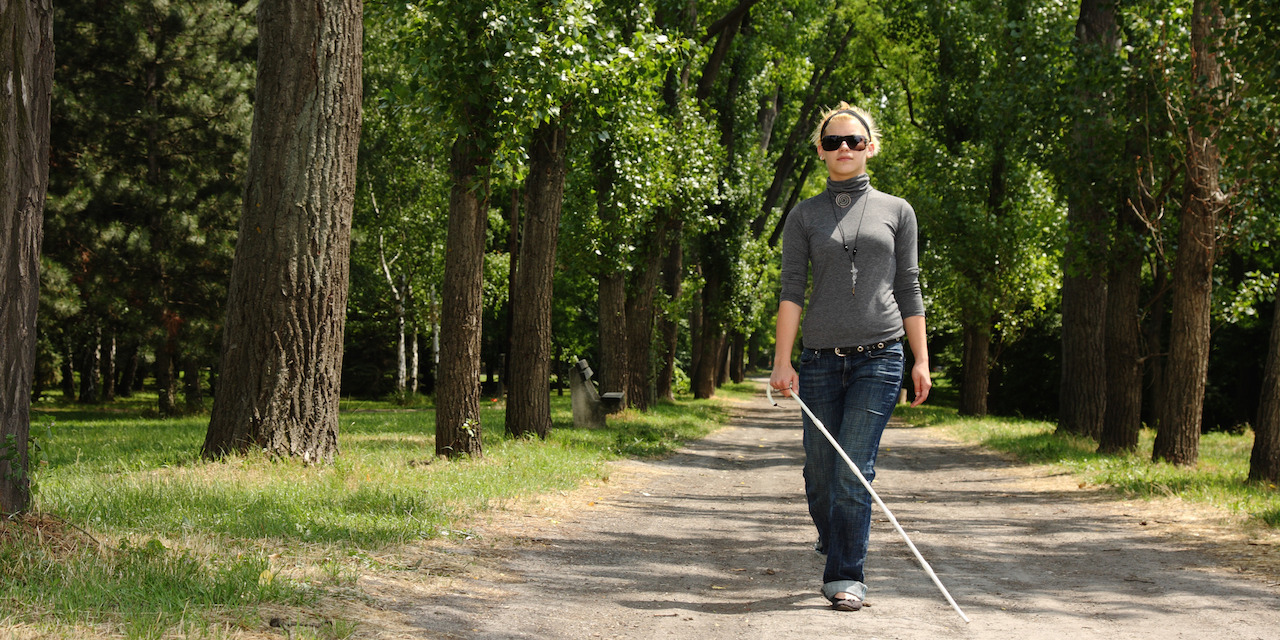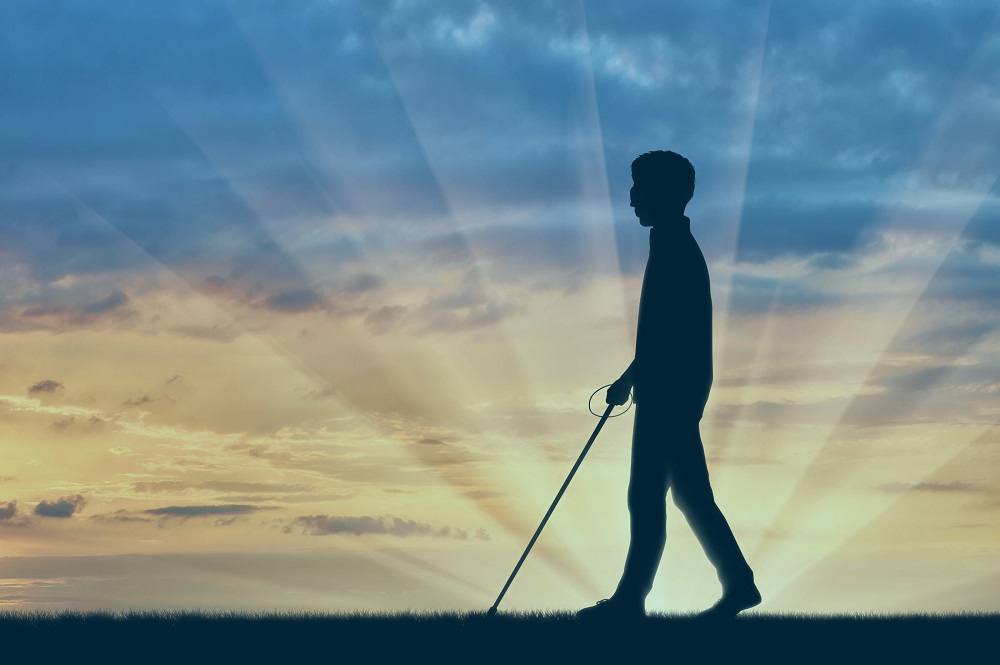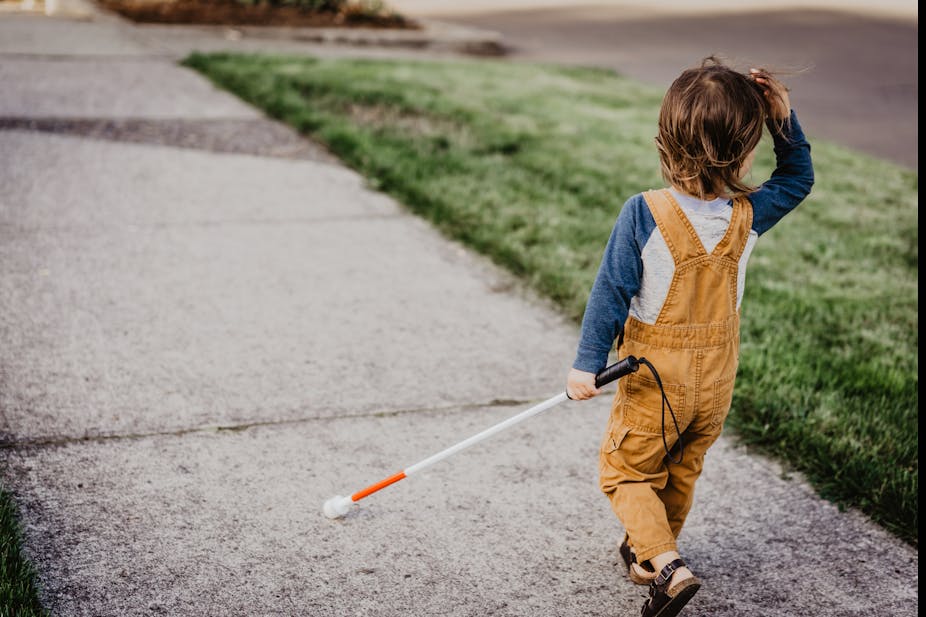Looking directly at the sun, even for a brief moment, during a solar eclipse can bring about lasting harm to your eyesight. This is a very real danger, something many people might not fully grasp, and it's a warning that truly matters for everyone planning to witness such a remarkable sky event. You see, the sun’s powerful rays, which are usually too bright for us to even glance at, become deceptively less intense during an eclipse, tricking our eyes into looking without proper safeguarding.
When the moon slides between our planet and the sun, creating that stunning celestial show, the temptation to just stare upwards can be very strong. However, that partial covering of the sun does not, in any way, make it safer for your eyes. The sun's light still carries those harmful elements, those invisible parts of its energy, that can cause serious trouble for the delicate parts at the back of your eye, the place that helps you see the world around you, so it's almost like a hidden trap.
So, understanding the actual risks and knowing how to keep your vision safe is absolutely essential. It’s about being prepared, really, and making sure that a moment of wonder doesn't turn into a lifetime of regret when it comes to your ability to see clearly. Protecting your eyes during a solar eclipse is a simple act, but it carries immense importance for your long-term well-being, you know, for your vision.
- Dr Janie Bruce
- Good News Sneakers
- Matt Smith Girlfriend 2024
- Wwe European Championship History
- Naked Loving Sex
Table of Contents
- What Happens When You Look at a Solar Eclipse?
- The Immediate Impact on Your Vision from a Solar Eclipse
- What Does Being Blind from a Solar Eclipse Really Mean?
- Different Ways Vision Can Be Affected by a Solar Eclipse
- How Can We Best Protect Our Eyes During a Solar Eclipse?
- Simple Steps to Avoid Vision Damage from a Solar Eclipse
- Is There Help for Someone Blind from a Solar Eclipse?
- Finding Support and Information About Vision After a Solar Eclipse
What Happens When You Look at a Solar Eclipse?
When you look straight at the sun, even when it's partly covered during a solar eclipse, something quite serious can happen to the back of your eye, the part that gathers light. This specific area is called the retina, and it’s very delicate, a bit like the film in an old camera, if you think about it. The sun's strong light, even when it seems a little dimmer, can actually burn those light-sensing cells there. This type of burn is often called solar retinopathy, and it's not a small thing, really.
These cells, the ones that pick up light and send messages to your brain, can get damaged, or even completely destroyed, by this intense light. You see, there are no pain sensors on your retina, so you won't feel anything bad happening at the moment the harm occurs. This means you could be looking at the sun and not even realize you are hurting your eyes, which is that, a pretty scary thought. It’s a silent kind of injury, and the effects might not show up right away, sometimes not until hours later.
The harm comes from the sun's special kind of light, particularly the ultraviolet and infrared parts of its rays. These are the kinds of light you can't really see, but they carry a lot of energy. When this energy hits your retina, it heats up the tissue there, causing a thermal injury, a bit like cooking something. This can mess up how those cells work, or make them stop working altogether, and that, in turn, can change how well you see things, or if you see them at all.
- Baby Doll Joe Burrow
- Lawrence Swimming Pool
- New Season Of Alaskan Bush People
- How Tall Is Joni Mitchell
- Nee York Shooting
It's important to grasp that regular sunglasses, the ones you wear on a bright day, do not offer enough safety against this kind of harm. They just reduce the brightness, but they don't block out the specific dangerous rays that cause the burns. So, wearing typical shades during an eclipse is basically the same as looking without any protection at all, you know, it's just not enough.
The Immediate Impact on Your Vision from a Solar Eclipse
After looking at the sun during a solar eclipse without the right kind of eye wear, people often report a few immediate changes to their sight. You might start to notice a blind spot right in the center of your vision, a sort of blank patch where you can't see anything, or perhaps a fuzzy area. This spot might appear in one eye or both, depending on how you were looking. It’s almost like a permanent afterimage, that, just won't go away.
Some individuals also describe their vision becoming blurry, or things looking a bit distorted, like straight lines might appear wavy. Colors might not seem as bright or as true as they once did. These changes can be quite unsettling, and they really do affect how you go about your daily activities, from reading a book to recognizing faces, so it's a significant change.
The severity of these vision issues depends on a few things: how long you looked, how much of the sun was visible, and how sensitive your eyes are, naturally. A quick glance might cause a temporary problem, while a longer stare could lead to much more lasting, or even permanent, damage. It’s a bit of a gamble, really, and one that's not worth taking, you know.
These initial signs of trouble with your vision from a solar eclipse are your body's way of telling you that something has gone wrong. They are a clear signal that the delicate parts of your eye have taken a hit. It’s a moment when getting some help from a medical professional, like an eye doctor, becomes very important to understand the extent of any harm done, and what steps, if any, can be taken next.
What Does Being Blind from a Solar Eclipse Really Mean?
When we talk about someone being blind from a solar eclipse, it often means they have experienced a specific kind of vision loss, usually affecting the very center of their sight. This is different from total darkness, where a person can’t see anything at all, not even light. Instead, it’s more about a significant reduction in the ability to see details, colors, or things straight ahead, which is that, a very particular challenge.
As we learned from resources like the American Foundation for the Blind (AFB), being without sight can take many forms. Some individuals might have no vision at all, while others might still perceive shapes or light and shadow. For those affected by a solar eclipse, it often falls into the category of having limited vision, where certain parts of their sight are gone or severely compromised. You might have blurry vision, for example, or find it very hard to tell one thing from another, especially if they look similar.
The word "blindness" itself, in its strictest sense, means a person cannot tell one thing from another, or see anything, including light. However, partial blindness is also a very real condition, where you have some vision, but it’s not what it once was. This might involve parts of your vision being blurry, or you might struggle to make out fine details. So, when it comes to solar eclipse-related issues, it's typically about this kind of partial, often central, vision impairment, you know, a very specific kind of problem.
It's important to grasp that this kind of harm is not like a temporary flash of light that fades away. It’s about damage to the actual cells that help you see, and sometimes, those cells don't recover. This means the changes to your vision can be long-lasting, or even permanent, affecting how you experience the world every single day. The impact can be quite profound, really, on a person's life.
Different Ways Vision Can Be Affected by a Solar Eclipse
The specific ways a person’s vision might be altered after looking at a solar eclipse can vary quite a bit. One common experience is having a central spot that just doesn’t see, or sees things in a very dim way. This is because the part of the retina that gives us our sharpest, most detailed vision, called the macula, is usually the one that takes the direct hit. So, reading, recognizing faces, or driving can become incredibly difficult, almost impossible, in some cases.
Beyond just a blank spot, some people might notice that straight lines appear bent or wavy, a condition often called metamorphopsia. This happens because the damaged cells send distorted signals to the brain. Imagine looking at a doorframe and seeing it curve, or a grid pattern looking like a funhouse mirror; it can be very disorienting, you know, quite confusing for the brain.
Another way vision can change is through a reduction in how well you see colors, or a general dimming of everything. The world might seem less vibrant, or colors might look washed out. This is because the cells responsible for color vision can also be harmed by the sun's intense light. It’s like turning down the brightness and saturation on a television screen, but for your actual eyes, that is.
Some individuals might also experience what's called photophobia, which is a heightened sensitivity to light. Bright lights, which were once manageable, might now cause discomfort or even pain. This can make going outdoors on a sunny day or being in brightly lit rooms quite challenging. It adds another layer of difficulty to daily living, really, making simple things harder to manage.
How Can We Best Protect Our Eyes During a Solar Eclipse?
The very best way to keep your eyes safe during a solar eclipse is to never look directly at the sun without special, certified eye protection. This isn't just a suggestion; it's a very serious recommendation from eye care experts and space watchers alike. Regular sunglasses, as we talked about, simply won't do the job, they just don't offer enough defense against the sun's harmful rays, you know.
The only truly safe way to view a solar eclipse directly is by using eclipse glasses or handheld solar viewers that meet a very specific international safety standard. These special viewers are many, many times darker than regular sunglasses and are designed to block out nearly all of the sun's visible light, as well as those dangerous invisible rays like ultraviolet and infrared. It’s almost like looking through a very thick, dark filter, that, lets only a tiny, safe amount of light through.
Another safe method involves indirect viewing, where you don't look at the sun at all. A simple pinhole projector is a fantastic way to do this. You can make one with just a couple of pieces of paper, and it projects an image of the sun onto another surface. This way, you can watch the eclipse happen without ever having to look up at the sky directly, which is that, a very clever way to stay safe.
It's also really important to check your eclipse glasses or viewers for any scratches, tears, or holes before you use them. Even a tiny bit of damage can let in enough harmful light to hurt your eyes. If you find any damage, it’s best to just throw them away and get a new pair. Your eyesight is too precious to take any chances with, you know, it's just not worth it.
Simple Steps to Avoid Vision Damage from a Solar Eclipse
To avoid any harm to your sight from a solar eclipse, there are some straightforward actions you can take. First off, make sure any eclipse glasses or viewers you plan to use come from a reputable maker and have the correct safety certification. Look for the "ISO 12312-2" international safety standard mark on them. This mark tells you they've been tested and found safe for looking at the sun, naturally.
When you put on your eclipse glasses, do so before you look up at the sun. And when you're done looking, turn away from the sun before you take them off. This way, you avoid any accidental glimpses of the sun without protection. It’s a small step, but it makes a big difference in keeping your eyes safe, you know, a very good habit to adopt.
If you're watching with young people, it's extra important to supervise them very closely. Children might not fully grasp the danger, and they might be tempted to peek without their special glasses. Make sure they understand why it's so important to keep their protective eyewear on the whole time they are looking at the sky during the event, that, is really vital.
Also, never use binoculars, telescopes, or cameras to look at the sun directly, even if you are wearing eclipse glasses. These devices concentrate the sun's rays, and they can burn through the filters on your eclipse glasses, causing severe and instant harm to your eyes. If you want to photograph the eclipse, make sure your camera has its own special solar filter placed over the lens, which is that, a completely different kind of protection.
Is There Help for Someone Blind from a Solar Eclipse?
For individuals who experience vision changes after looking at a solar eclipse without proper safety measures, there are resources and professionals who can offer assistance and guidance. The first step is always to see an eye care specialist, like an optometrist or an ophthalmologist, as soon as you notice any changes in your vision. They can assess the extent of any harm and provide advice on what might be possible, you know, in terms of treatment or management.
While some types of vision problems can be prevented or even made better, others, sadly, cannot be treated. The kind of harm caused by a solar eclipse, particularly to the retina, often falls into the category of things that don't have a simple fix. However, even if the damage is lasting, there are many ways to learn to live with changed vision and still lead a full and active life, which is that, a very important message to share.
The American Foundation for the Blind (AFB) has, since its start, served as a primary source of information and studies about blindness and low vision in the United States. They offer a wealth of knowledge for people living with vision impairments, their families, and the professionals who support them. Their resources cover a wide range of topics, from daily living tips to assistive technologies, naturally.
Joining a community where people share their experiences can also be very helpful. Just as platforms like "Blind" offer a trusted place for professionals to have honest conversations and gain transparent insights into various aspects of their work lives, finding a community focused on vision loss can provide a similar kind of support. It’s a place where you can connect with others who understand what you’re going through, share challenges, and discover ways to adapt, you know, it’s about finding that shared understanding.
Finding Support and Information About Vision After a Solar Eclipse
When someone finds their vision altered after a solar eclipse, finding good information and a supportive network becomes incredibly important. There are many organizations and groups dedicated to helping people with low vision. These groups can offer practical advice, emotional support, and connections to services that can make daily life easier. It's about getting clarity on a situation that can feel very uncertain, you know, when your sight is affected.
These support networks often provide ways to gain transparency into living with vision changes. They might share details about tools that help with reading, getting around, or using computers. It’s about seeing how others manage, and discovering new possibilities for yourself. Just like a platform that helps people see comprehensive salary data or honest company reviews, these groups help you see the possibilities for living well with vision loss, that, is really valuable.
For instance, some communities focus on candid discussions about living with different levels of sight. This might involve talking about the challenges of blurry vision or the inability to tell one thing from another. They can help you understand that while your vision might be limited, your ability to live a meaningful life is not. It's about gaining perspective and finding strength in shared experiences, naturally.
Connecting with these groups, whether online or in person, can provide a sense of belonging and a place to ask questions without feeling judged. It’s about being part of a trusted community where you can have honest conversations about what you're experiencing. This kind of open communication can be incredibly comforting and empowering when dealing with a significant life change like vision impairment, really, it makes a big difference.
- James Norton Film
- Hayley Atwell Sex
- Law And Order Svu Jennifer Love Hewitt
- Sexy Ashley Williams
- Dr Janie Bruce


